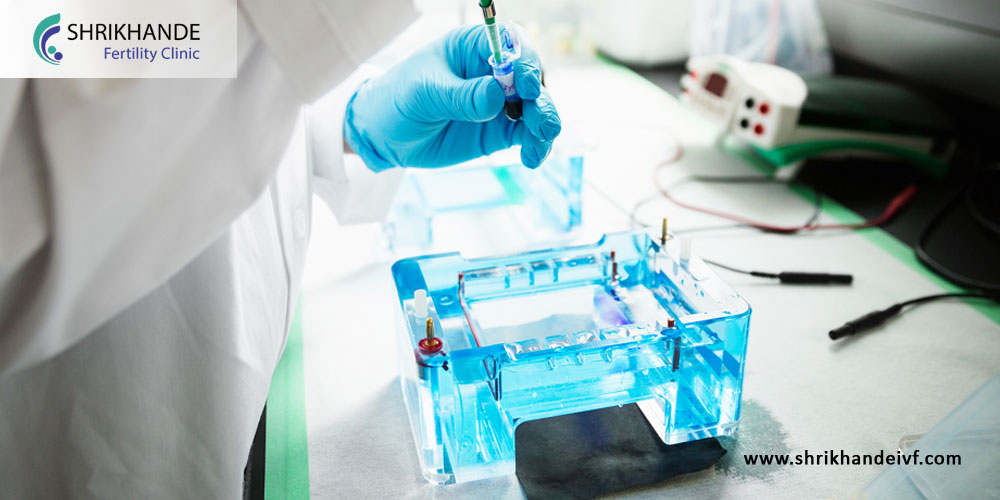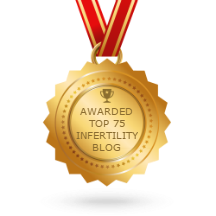What Happens After Your Egg Collection?
In vitro fertilization is a process to fertilize the female egg with the male sperm outside the body, and replace the fertilized embryo into the female womb so that the conceived child can then be delivered after the due gestation period. If you have gone in for an IVF procedure, you will not be able to witness What happens after your egg collection. The reason is that the entire process takes place in a laboratory under controlled conditions. So let us tell you What happens in the IVF lab after your eggs have been collected.
- Parallel to the collection of eggs, the male partner would provide a sample of fresh sperm. In case you are using frozen sperm or a donor’s sperm, then this won’t be needed. The sperm is washed in a special mixture to slow it down and aid physical examination to determine the best ones to select.
- The embryologist would collect the eggs sample brought into the lab, and remove the mature eggs carefully from the surrounding follicles of the ovaries. All the eggs might not be able to get fertilized, so a large number are selected from the set brought in after Egg Collection in IVF.
- They are placed together with the sperm either by mixing them or by injecting the sperm into the eggs using the ICSI technique.
- After successful insemination of the eggs, they would be placed in the laboratory’s culture system under strictly controlled temperatures.
- All the growing embryos are also kept in an atmosphere of amino acids, which replicates the conditions inside the body.
- A process of natural selection would determine which eggs turn into fertilized embryos. Blastocyst culture is one way these embryos determine the best one which would be most likely to result in a pregnancy.
- After about 2-3 days, the selected embryo is transferred back to the female partner’s uterus.
Now that we have discussed, what happens after egg retrieval we need to be also aware of the dos and don’ts after egg retrieval.
- It is important the body is kept well hydrated in the days just after the eggs have been retrieved. Regarding food, we will discuss in the next point what to eat after egg retrieval, but for now, let us stick to the importance of water. Plain water is the best, but you could also choose some fluids which would keep you hydrated and also provide nutrients, like coconut water, protein shakes, or fruit juices.
- In terms of food, specialized diets like the Mediterranean are available, but if you are not a fan of such standardized diets, remember to keep your meal as a good mix of all food types. You do not need to eat huge quantities, in fact, small meals every two hours is the better option.
- The retrieval of eggs is an invasive procedure on your ovaries, so don’t be worried if you feel some pain, and it is perfectly fine to take some painkillers as per your doctor’s advice.
- Discuss with your doctor the post-retrieval schedule and follow them meticulously. Now that we have described in detail what happens behind the scenes after egg collection and also some dos and don’ts after egg collection, it is important for you to understand that this is a scientific procedure that has certain probabilities of success. So it is not wise to keep unreasonable expectations from your IVF procedure. A complete understanding of the process will help you navigate the IVF much better.
Tags: Egg Collection in IVF, IVF procedure





 (+91) 880 557 7600
(+91) 880 557 7600
 Abhyankar Road, Dhantoli, NAGPUR-12
Abhyankar Road, Dhantoli, NAGPUR-12






Leave a Reply